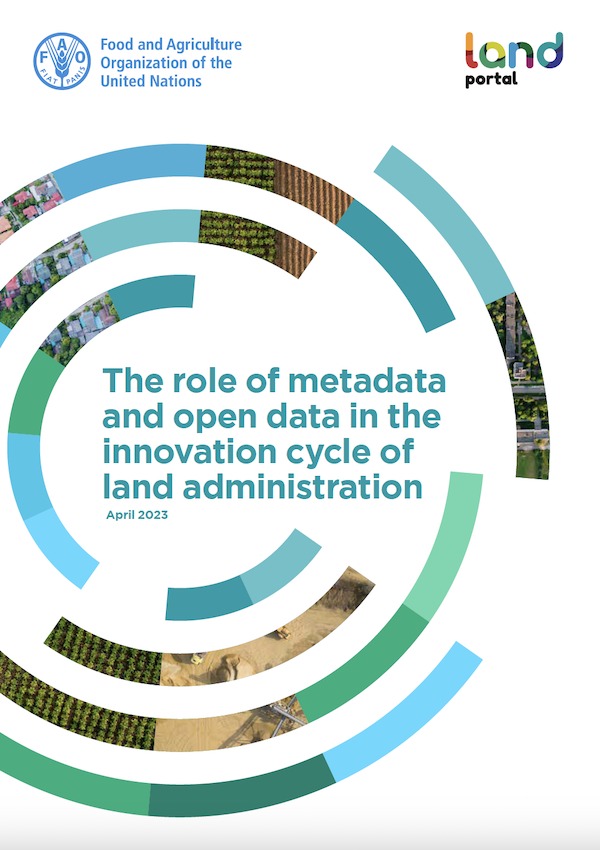Report Shows French Oil Giant's East African Pipeline Project Has 'Devastated' Thousands
When the ‘strangers’ came – Chinese rubber giant ‘destroys’ rainforests, indigenous lives in Cameroon
Uganda’s president stops plans seeking to review and amend the Land Act CAP 227 that sought to curb widespread illegal land evictions
Africa’s groundbreaking women’s rights treaty turns 20 - the hits and misses of the Maputo protocol
Who owns the world’s land? Legislation to cement communities’ historic rights stalls
Exploring Secure Tenure in Urban Bangladesh
Climate change making Bangladesh's floods worse
The role of metadata and open data in the innovation cycle of land administration
This publication discusses the importance of open data as a tool for inclusive land governance. It introduces and describes open data, land governance functions, and metadata. It provides an in-depth looks at AGROVOC, the controlled vocabulary about agriculture and related sciences coordinated by FAO for more than 40 years, and LandVoc, a sub-vocabulary dedicated to the land sector. Using these two examples, the article explores why structured metadata is integral for open data to support innovation and improvements in land administration.
State of Land Information Reports Unveil Insights on Botswana and Zambia
Two comprehensive State of Land Information (SOLI) reports have been released, providing in-depth assessments of the land data and information ecosystems in Botswana and Zambia. These reports examine the availability of land information and evaluate its compliance with open data standards. The findings highlight the strengths and weaknesses of each country's land information management practices and offer insights for targeted interventions.




